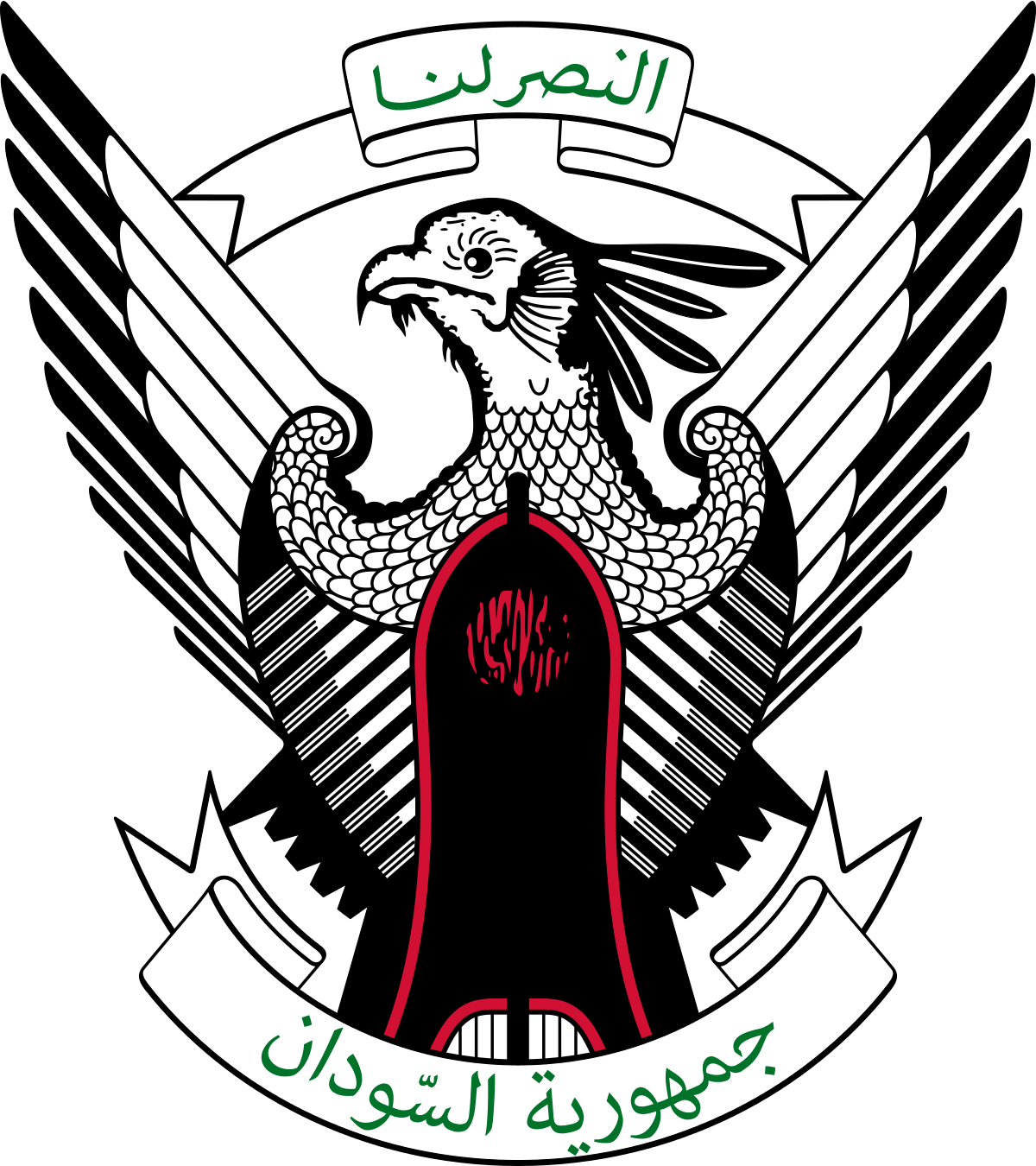Sudan and the United States
The United States established diplomatic relations with Sudan in 1956 following its independence from the joint administration by Egypt and the United Kingdom. Since then, relations between Sudan and the United States witnessed several challenges and key changes, the most prominent of which, perhaps, is the shift in relations that occurred in 1996 after the United States withdrew its ambassador and closed its embassy in Khartoum, following the designation of Sudan as a State Sponsor of Terrorism. The United States then imposed economic sanctions on Sudan and the relations between the two countries worsened. In spite of the embassy re-opening 2002, relations between the two countries remained tense and diplomatic representation was limited to the role of Chargé d’affaires. However, the recent developments in the political scene in Sudan and the change in the US foreign policy – that appeared to place emphasis on conciliatory diplomacy – allowed the latter to be more sensitive to the realities on the ground in Sudan, and allowed better understanding of the Sudanese perspective on regional and international issues.
The October 2017 executive order by President Trump lifting the economic sanctions raised hopes that contentious issues such as Sudan’s presence on the list of states sponsoring terrorism, and the sub-optimal bilateral relations could be resolved; it also promised to reset economic relations between the two countries. Technical, cultural and scientific exchanges suddenly appeared more possible than they had in a generation and mutually beneficial economic cooperation seemed a likely possibility.
It is worth mentioning that the tense diplomatic relations the countries endured in the past did not affect their long history of friendship and cooperation, and though numerous instances to demonstrate this fact can be cited, the most worth recalling, perhaps, is the humanitarian assistance the U.S. has in the past rendered during catastrophic periods of famine and drought in Sudan; and amongst the latest of such achievements is the peace the U.S. helped broker in 2005 that effectively ended the longest-running civil war in Africa.
Sudan, for its part, has been instrumental in the U.S. war on terrorism, a contribution for which the latter has on numerous occasions expressed gratitude. These are but a few examples of fruitful interactions that characterize the cordial bilateral relations between the countries.
The United States has in more recent years doubled its diplomatic efforts and continues to work with the Sudanese government, civil society, and other stakeholders to strengthen the bilateral relations. In 2017, the United States formally revoked longstanding sanctions against the Sudan that were imposed in 1997, and has in 2020 removed Sudan from State Sponsors of Terrorism list. Diplomatic representation was upgraded to the role of Ambassador in 2022 after the United States appointed H.E. John T. Godfrey as ambassador of the United States to Sudan, In turn, Sudan appointed H.E. Ambassador Mohamed Abdalla Idris as ambassador of Sudan to the United States in the same year; putting an end to 26 years of deadlock in the relations between the two countries.
With the sanctions lifted and the US-Sudan bilateral relations strengthening, Sudanese and American individuals and entities are able to interact and transact with each other without the restrictions previously imposed. This positive development will undoubtedly help further improve economic ties and trade relations; something both sides are looking forward to as trade activity has been below the aspirations of both countries. At the current time, trade consists of cereals, vegetable extracts, syrups and agricultural machinery as well as arts and antiques. Sudan is a member of the Common Market for Eastern and Southern Africa – which has a Trade and Investment Framework Agreement with the United States – and it hopes to capitalize on this opportunity to improve its trade relations with the United States.
The relationship between U.S. lawmakers of both the Democratic and Republican parties and the people and government of the Sudan is reaching an all-time high, as a sense of mutual respect and understanding is fostered as never before. The legacy of past misunderstandings between the U.S. Legislative Branch and the Sudanese government has been replaced by an unprecedented willingness to cooperate on a wide range of regional issues, ranging from counter-terrorism to African economic development.
The Embassy, for its part, continues to actively engage with Congress in order to provide its members with solid and verifiable facts on Sudan.
